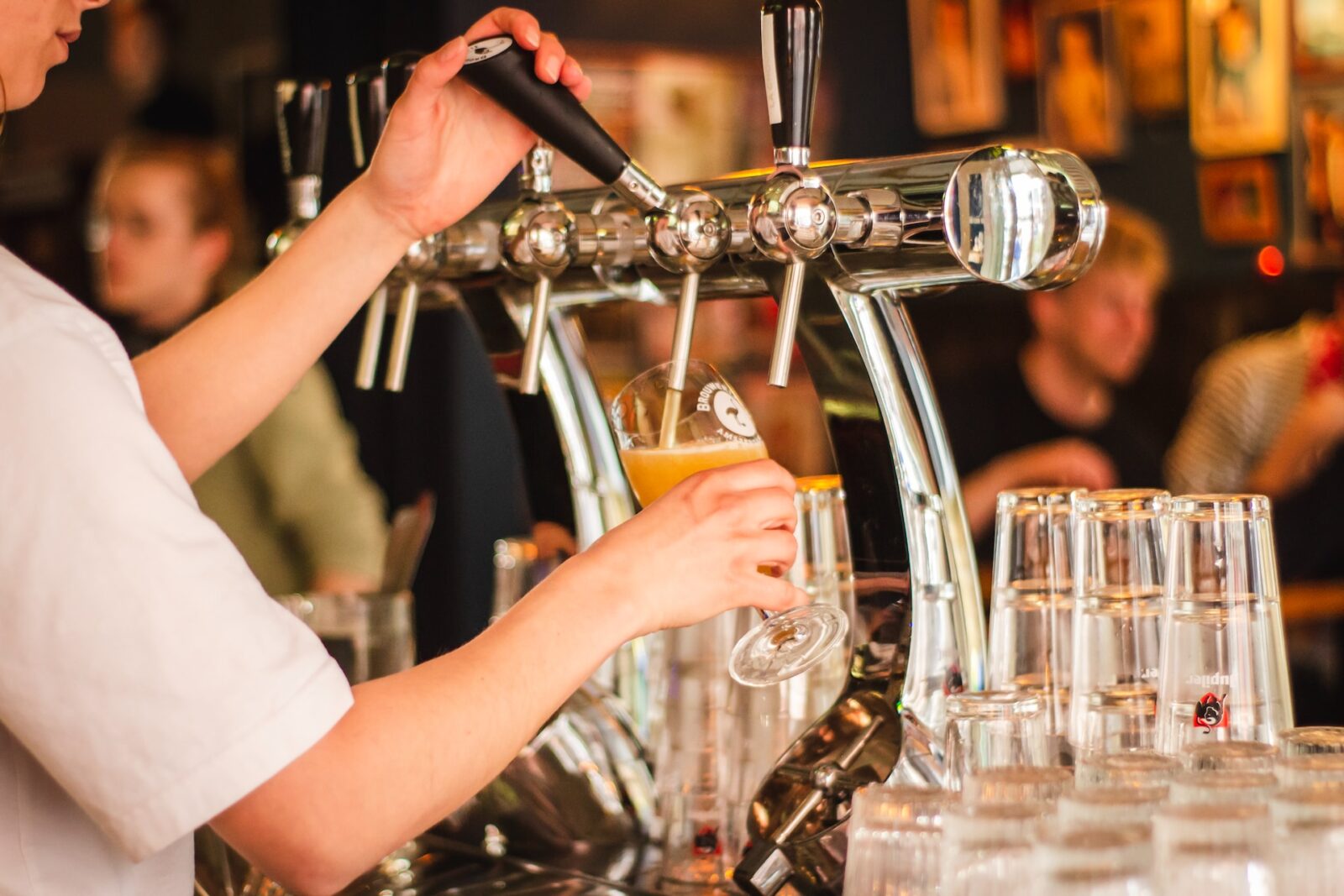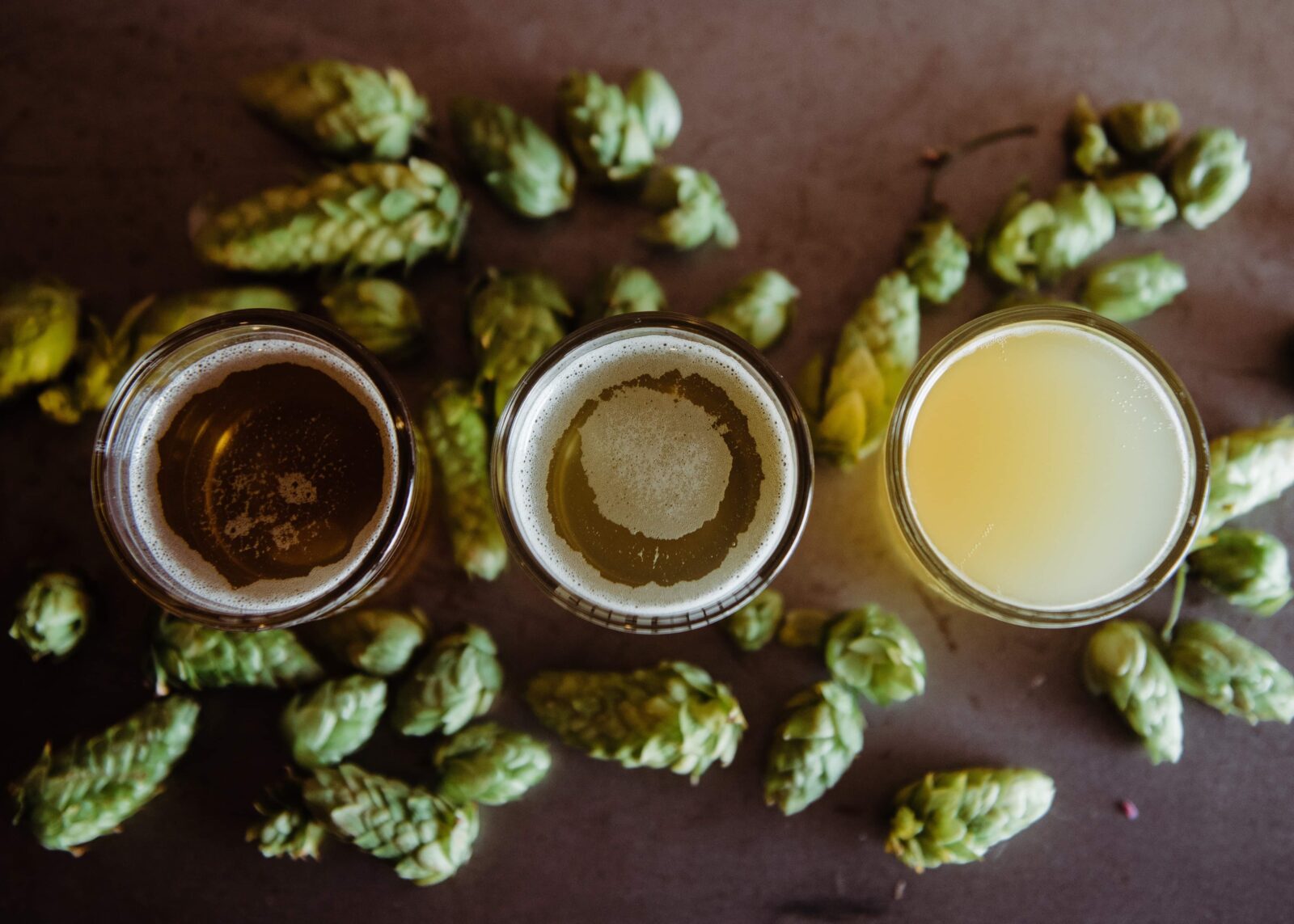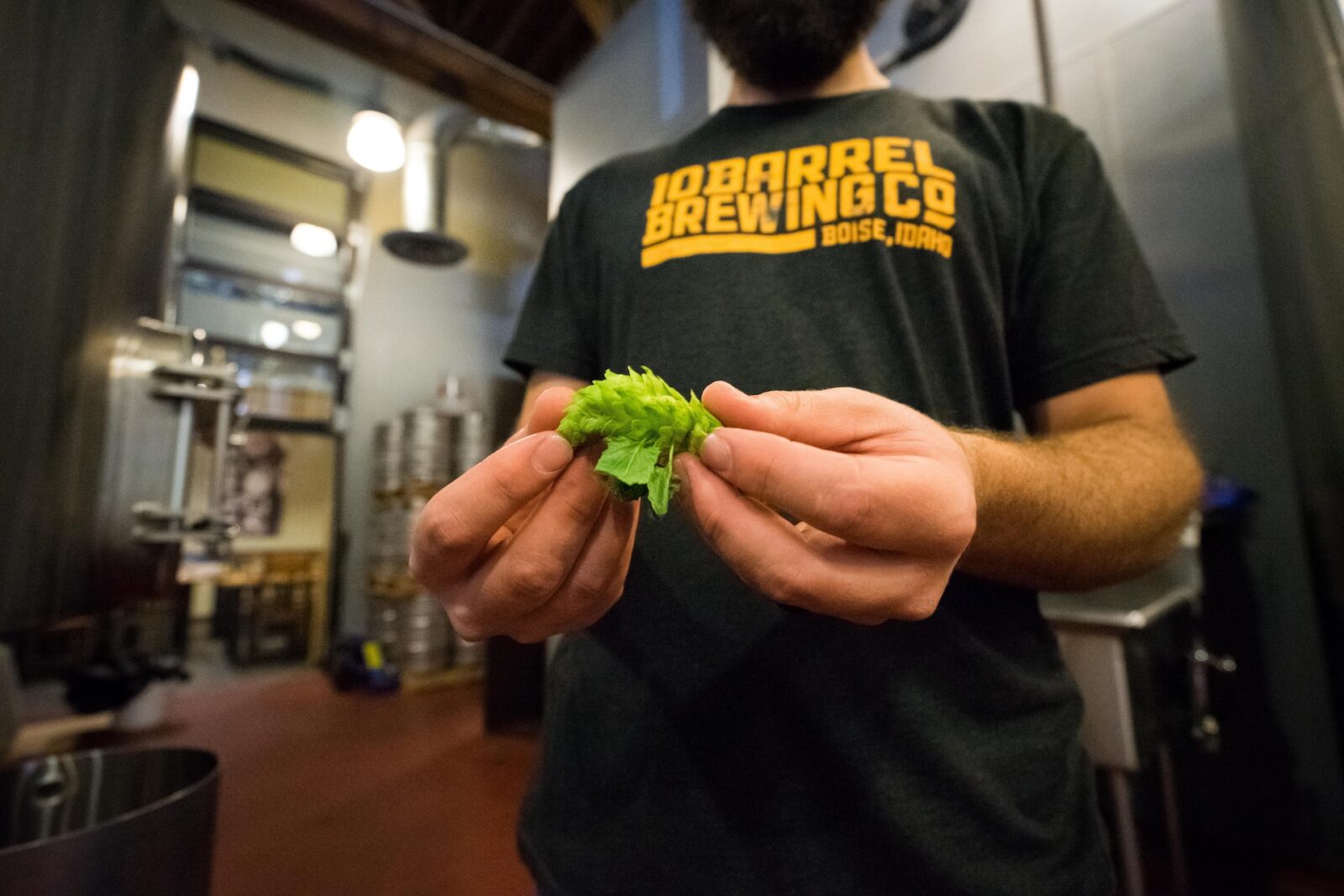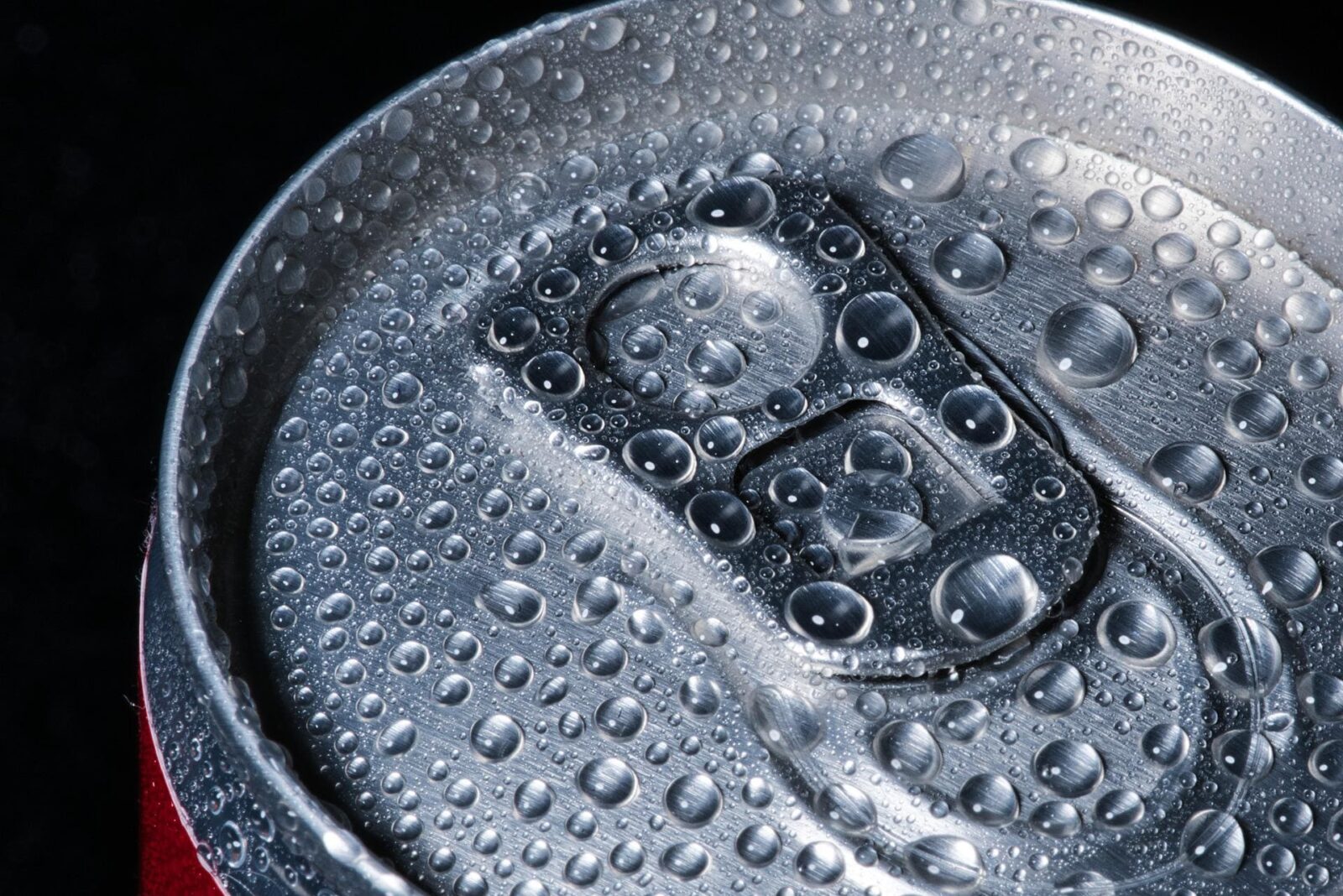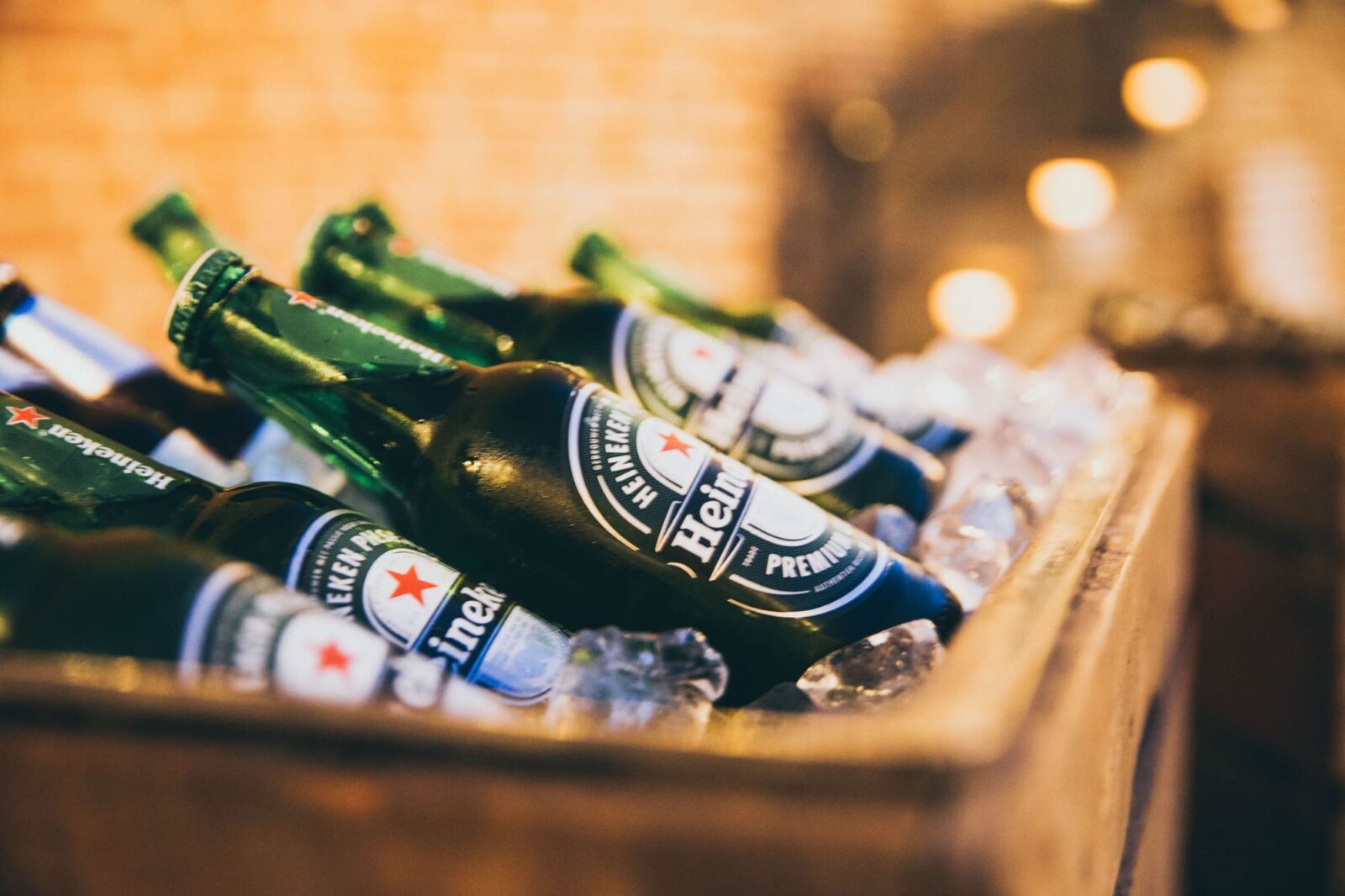Craft breweries have witnessed a remarkable surge in popularity over the past few decades, with consumers increasingly seeking unique, flavorful, and locally-produced beverages. As these breweries strive to stand out in a competitive market, they rely on a network of suppliers to provide the necessary ingredients, equipment, and services that are crucial for their success. From malt and hops to packaging materials and marketing services, here is a comprehensive list of suppliers that a craft brewery needs to flourish in today’s dynamic industry…
In today’s highly competitive business landscape, supply chain companies operating in the brewing sector are constantly seeking innovative ways to expand their reach and secure new sales prospects. One effective strategy that has gained significant traction is the use of direct marketing campaigns. By targeting specific audiences with personalized messages, direct marketing campaigns can help supply chain companies build brand awareness, foster customer relationships, and ultimately drive sales growth within the brewing sector…
A recent article from The Guardian explores the intricate landscape of the craft beer industry in the UK, highlighting both its boom and the challenges it faces in the wake of Brexit. The craft beer movement has flourished in the UK over the years, with numerous innovative and diverse breweries contributing to its growth. However, the country’s exit from the EU has presented hurdles for these businesses, from supply chain disruptions and increased costs to regulatory changes affecting exports to the EU…
In the ever-evolving landscape of the brewing industry, supply chain companies are constantly seeking ways to stay ahead of the curve and connect with potential clients. One common strategy that has been utilized for decades is participation in industry events – trade shows, exhibitions, and conferences that promise to facilitate networking, knowledge sharing, and business growth. However…
As the craft beer industry continues to grow, it’s essential for breweries to prioritize sustainability. Adopting eco-friendly practices not only benefits the environment but also enhances your brand reputation and can lead to long-term cost savings. In this article, we will explore ten practical ways in which craft breweries can become more sustainable.
The European Commission has released its proposals for EU-wide rules on packaging to ‘tackle this constantly growing source of waste and of consumer frustration’. But what will this mean for the beverage industry?
Last year, the brewing industry surfed the choppy waves of carbon dioxide shortages, a tight labor market, and spiking expenses, as inflation impacted everything from cans to grains to freight. “Nearly everything costs more than it did before the pandemic,” says Bart Watson, the chief economist at the Brewers Association. “Brewers haven’t been able to fully pass those costs onto customers, meaning lower margins.”
Pernod Ricard USA will invest $22m in creating its first-ever RTD canning line, located at its Fort Smith plant in Arkansas: boosting its ability to bring RTDs to market swiftly.
Heineken Vietnam has unveiled its largest brewery in Ba Ria Vung Tau: which has become the region’s largest after multiple expansions over the last five years.
